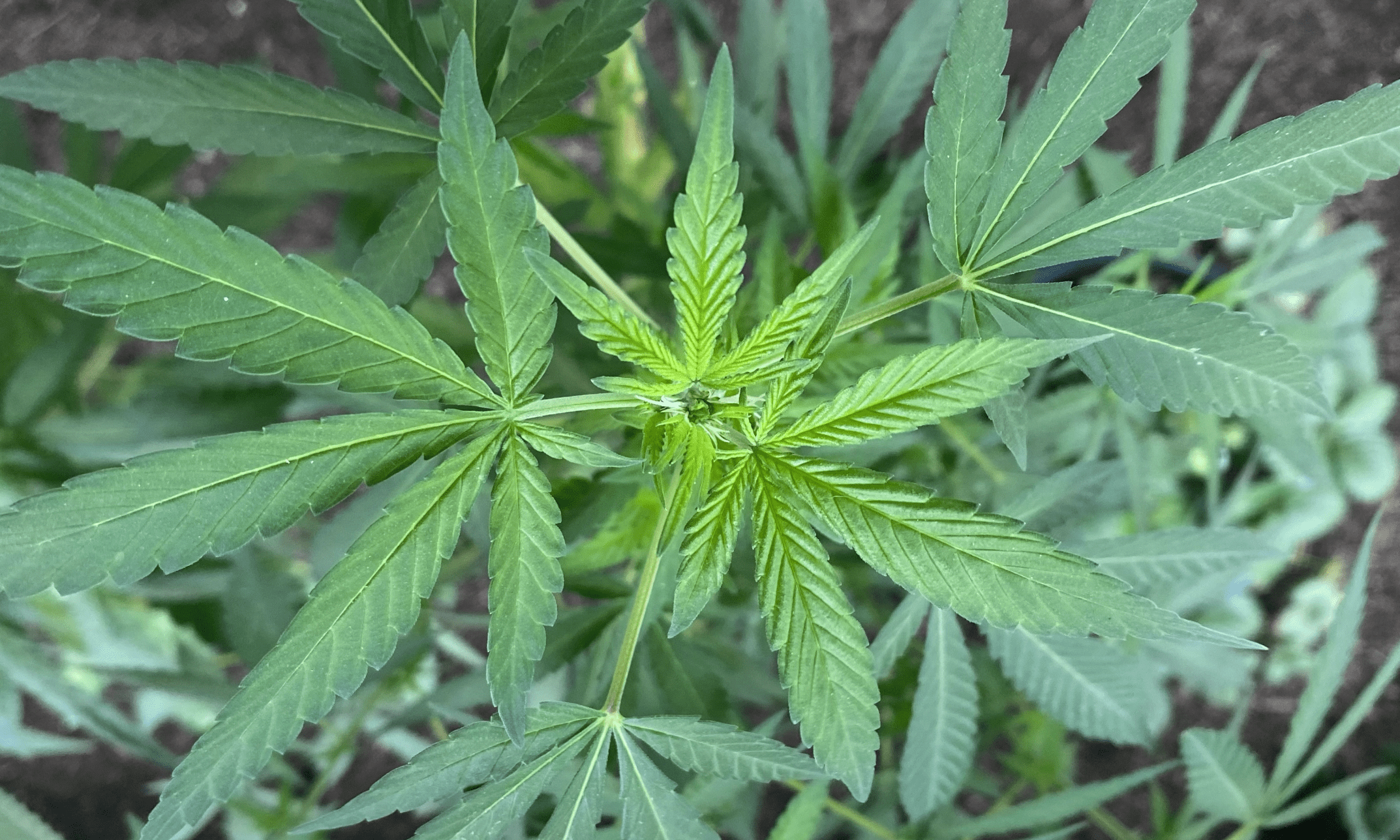Politics
U.S. Virgin Islands Lawmakers Send Marijuana Legalization And Expungement Bills To Governor

The U.S. Virgin Islands (USVI) is set to join the growing ranks of jurisdictions in the country to legalize marijuana, with the territory’s Senate approving a comprehensive cannabis reform bill and separate expungements legislation on Friday.
Just two months after Sen. Janelle Sarauw (I) filed the adult-use legalization bill, the Senate passed it handily, with amendments, in a veto-proof 11-1 vote. The expungements legislation passed unanimously.
Gov. Albert Bryan Jr. (D), who has repeatedly called on lawmakers to legalize cannabis, is expected to sign the reforms into law.
“Although there have been many politically driven false narratives about this cannabis legislation, I am proud of the work done by the Senators of the 34th Legislature, community stakeholders and advocates, all of who contributed to the structuring of the final bill voted upon in today’s Session,” Sarauw said in a press release. “The body did its due diligence in protecting the masses and the best interest of our residents by ensuring that locals and minorities are not locked out of industry and have any opportunity to participate in its economic potential.”
“There are so many provisions in this bill across various disciplines, that once implemented and enforced with fidelity, the Territory will see an industry that is inclusive and diverse, but most importantly, safe,” the senator said. “It is my hope that the current administration implements both Medicinal and Adult Use to their full potential, for the benefit of the people of this Territory.”
The introduction of the reform legislation came months after the governor included a cannabis legalization revenue in a budget proposal that he sent to lawmakers and indicated that he might convene a special session to enact the policy change.
Bryan has pushed for legalization over recent years and released his own reform proposal in 2019 that stalled in the legislature. He told voters earlier this year to call Sarauw and ask her why she had delayed her bill’s introduction. But the end product was a Senate-passed bill that’s now heading to the governor’s desk.
Here are some of the main provisions of the legalization bill:
Adults over the age of 21 could possess up to two ounces of marijuana, fourteen grams of cannabis concentres and one ounce of cannabis products such as edibles, ointments and tinctures.
The legislation would create an Office of Cannabis Regulation (OCR), tasked with issuing marijuana business licenses, overseeing the industry and setting rules on issues like advertising, packaging and labeling.
There would be several license and permit types, including for cannabis manufacturers, retailers, cultivators, micro-cultivators, testing laboratories and on-site consumption entities.
There would be caps on how many licenses OCR could grant for each of the territory’s main islands. Regulators could issue more after January 1, 2025 if they conduct a study demonstrating that the expansion is needed to meet consumer demand.
Individuals who use marijuana for sacramental purposes could apply for their own cultivation permits.
There would be a tax of no less than 18 percent on marijuana purchased from dispensaries, but that would not apply to medical cannabis. The bill also lays out licensing fees and calls for a 50 cent per gram tax on cannabis cultivators who sell marijuana to other licensees.
Revenue would be split among programs to address behavioral health, homelessness and youth recreation, as well as administration of the cannabis program and the territory’s general fund.
There would be a track-and-trace program for cannabis products.
There are also several equity components in the legalization bill, including prioritized application scoring for minority, women and service-injured entrepreneurs.
There would be a 100 milligram THC cap on edibles, and each serving could contain up to 10 milligrams.
Additionally, there are residency requirements for marijuana business ownership.
There are packaging and labeling restrictions, with the bill stipulating that labels must include health warnings and be designed in a way that doesn’t appeal to people under 21.
Sarauw said that “every single amendment, every single suggestion that members made is included in the amendment in the nature of a substitute,” according to VI Consortium.
The separate, complementary expungements legislation was also amended ahead of passage and now provides for automatic relief from the courts for people with prior convictions involving up to two ounces of marijuana. As introduced, the legislation would have required people to petition the courts.
Legalization “provides an opportunity to generate needed tax revenues” and increase “business ownership and employment opportunities for Virgin Islands residents,” the bill’s whereas section states.
Ending prohibition will also “alleviate social injustices experienced by persons subjected to the criminal justice system for activities related to the cultivation, sale and possession of cannabis that this Act now declares legal,” it says.
Bryan, who has also talked about marijuana as a safer alternative to opioids for pain treatment, stressed in May that it’s “been three years now moving” the issue, and so lawmakers need to “get it through the legislature so we can get some money going.”
He signed a medical cannabis legalization bill into law in 2019.
There was a hearing on the governor’s adult-use legalization proposal in 2020, with several government agencies testifying in favor of the reform and outlining how a regulated cannabis market could help the territory, especially given its economic needs.
Bryan has also emphasized the need to legalize, tax and regulate cannabis to generate revenue amid the economic downturn caused by the coronavirus pandemic.
Meanwhile, other U.S. territories have also moved ahead with cannabis reform.
The governor of the Commonwealth of the Northern Mariana Islands (CNMI) signed a bill to end prohibition in 2018.
The following year, the governor of Guam signed legalization into law.
A senator in Puerto Rico, where medical cannabis is legal, filed a bill in October to remove penalties for low-level marijuana possession.




